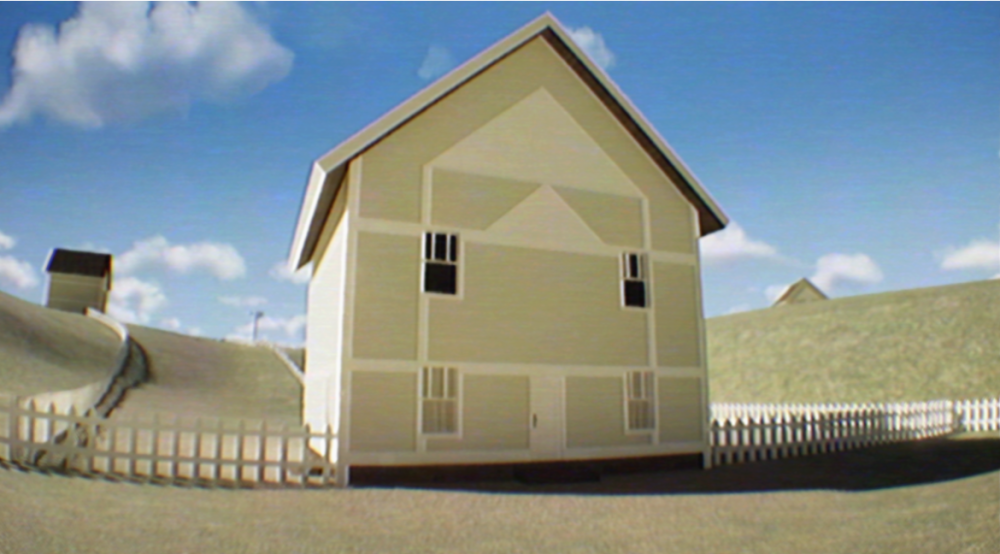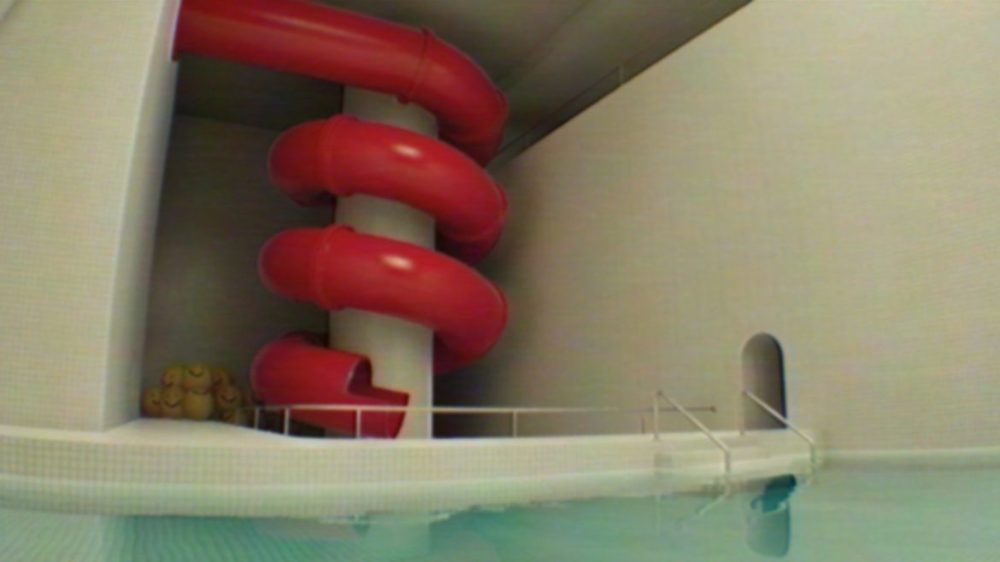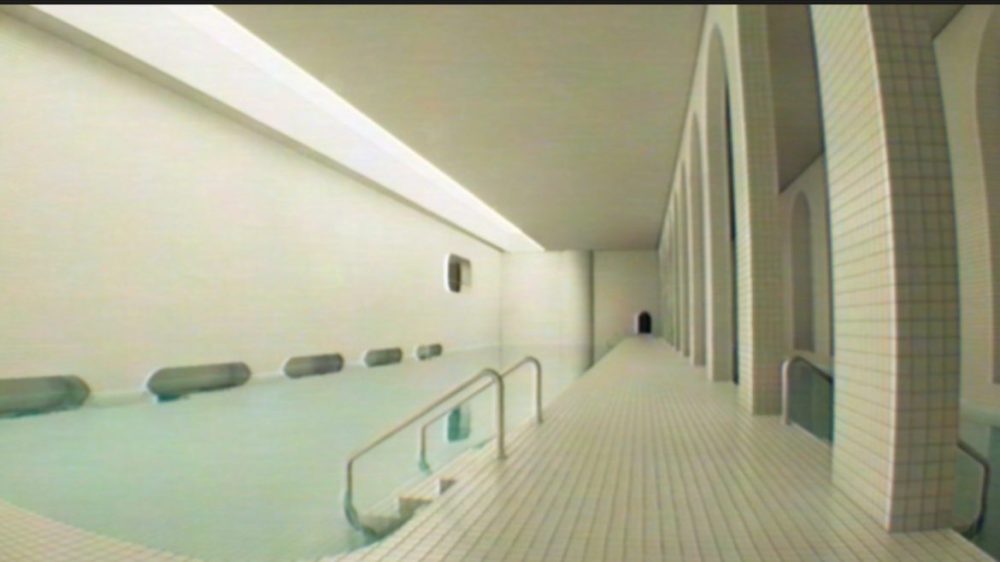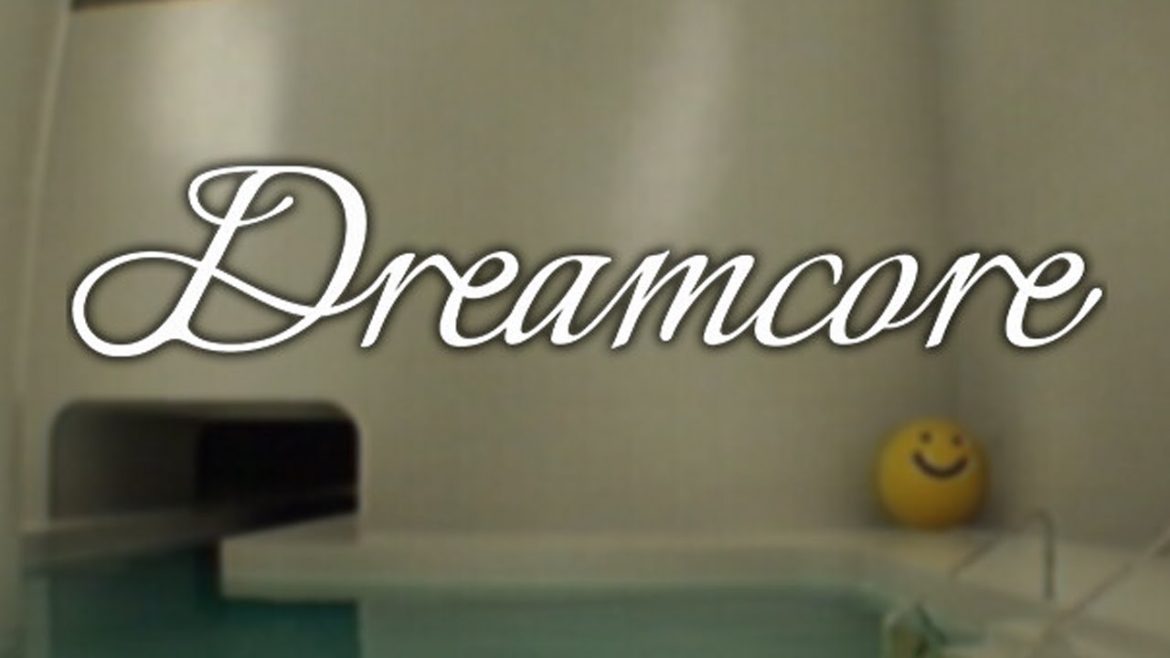TL;DR
Dreamcore, a new entry in the popular liminal spaces genre, disappointingly fails to capture the genre's essential appeal. While these games thrive on creating a subtle sense of unease through empty, melancholic environments and atmospheric sound design, Dreamcore falls flat. Its soundscape is uninspired, lacking the echoing footsteps that build tension and the crucial feeling of an unseen presence. Visually, it's also unremarkable, offering little innovation. For fans of the genre seeking that perfect blend of relaxation and dread, Dreamcore misses the mark, making established titles like Pools a much stronger choice. Discover why this liminal adventure struggles to evoke the intended atmosphere.
The concept of liminal spaces has evolved into a distinct genre within photography and video games, captivating a dedicated following. As an avid follower of this subculture, I actively engage with related games, online forums, and visual content. This interest originated with a 4chan thread in 2019 about The Backrooms. Liminal spaces are characterized by large, often vacant environments that evoke a sense of melancholy and nostalgia. These are typically locations designed for activity – swimming pools, streets, schools – yet in their liminal state, they are devoid of life, replaced by an unsettling silence and solitude. This juxtaposition of beauty and unease is a core element, and the most effective games in the genre leverage both aspects. Dreamcore, unfortunately, falls short in this regard.

Dreamcore represents a recent entry into the liminal spaces game category, and anticipation for its release was considerable. This genre, while relatively new, presents unique design challenges. Games of this type rarely introduce novel mechanics or emphasize intricate narratives. Sharing characteristics with the walking simulator genre, they often utilize similar environmental settings. For those unfamiliar with these games, differentiating between them can be challenging; a single screenshot might be representative of numerous titles. The strength of these games lies in subtle details, nuances that contribute to the overall atmosphere. The appeal lies in their ability to create a relaxing yet subtly unsettling experience, with the primary objective being to navigate and escape the labyrinthine environments.
The most compelling titles within this genre instill a feeling of unease, suggesting a presence within the expansive, maze-like levels. While direct confrontation is absent – there are no chases or action sequences – the sense of being observed remains palpable. The question lingers: what lies at the end of that darkened corridor?
Dreamcore, regrettably, lacks this crucial element. While not entirely devoid of potential threats, the game fails to cultivate the necessary atmosphere of subtle dread. The distinguishing characteristic of successful liminal spaces games is the feeling that one’s solitude is not absolute – that an unseen presence coexists within the environment. This underlying tension is, in my opinion, essential for the genre to succeed.

Furthermore, a significant factor contributing to Dreamcore‘s shortcomings is its underwhelming sound design. In a game predicated on exploration of empty spaces, the soundscape plays a critical role. This genre relies heavily on both visual and auditory elements to create a compelling experience, and it is in this area that Dreamcore falters. The sound design feels flat and uninspired. The echoing of footsteps, typically a defining characteristic within swimming pools or desolate streets, is noticeably absent. Instead, sounds dissipate quickly, failing to resonate within the environment.
The effective use of sound is key to establishing a sense of being watched. Footsteps echoing through the levels can generate a feeling of vulnerability and uncertainty, prompting the player to question who might be listening. Conversely, when the soundscape fails to differentiate between confined spaces and expansive environments, the sensation of being trapped diminishes.

Visually, the game presents a similarly unremarkable experience. It offers little in the way of innovation or exceptional execution compared to other titles in the genre. Within the first ten minutes of playing Dreamcore, its deficiencies become apparent. While the best games in the genre excel at creating a specific atmosphere, Dreamcore feels lifeless from the outset, lacking a certain soul. It’s unlikely that the developers intentionally created a substandard product, but rather that they lacked the crucial ingredients and attention to detail necessary to elevate the game to a higher level.
In conclusion, Dreamcore delivers a consistently mediocre experience from beginning to end. Given the availability of superior alternatives within the genre, such as Pools or The Backrooms: Lost Tape, these would be more compelling choices.
Tlön industries provided a review code for this evaluation. The provision of materials does not influence our editorial independence.
